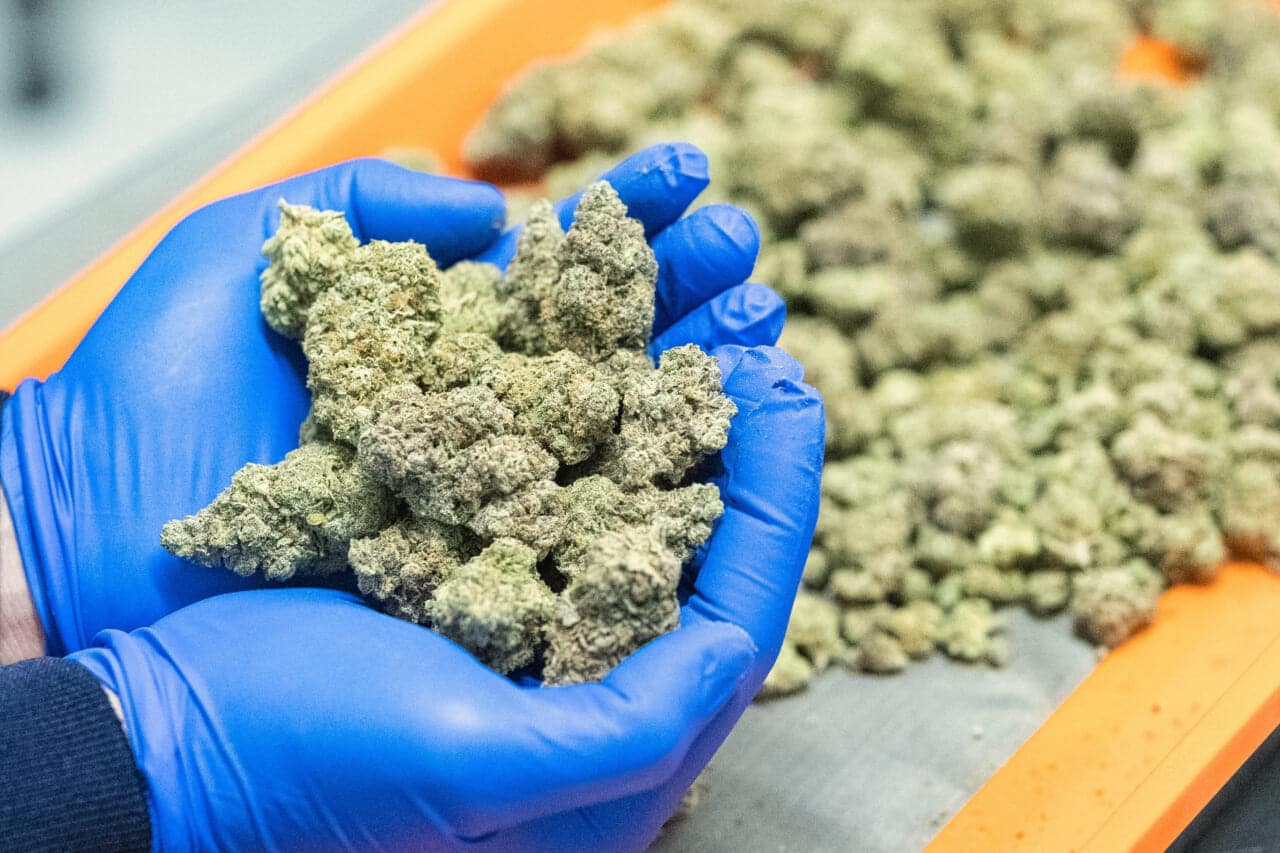We bring news that matters to your inbox, to help you stay informed and entertained.
Terms of Use and Privacy Policy Agreement
WELCOME TO THE FAMILY! Please check your email for confirmation from us.
Legal marijuana sales in Maryland to begin July 1
ANNAPOLIS, Md. (AP) — Maryland is working toward creating a recreational marijuana industry with greater social equity, lawmakers said Friday, with more licenses for minority-owned businesses and proceeds directed to areas adversely impacted by the war on drugs.
The measure before the General Assembly, which is controlled by Democrats, will enable the state’s existing medical marijuana businesses to sell recreational cannabis as well — if they pay a new fee based on the size of the business. Those businesses could begin selling recreational marijuana as soon as July 1, the soonest recreational cannabis can legally be sold in the state.
Supporters stressed that the bill was based on creating a safe market that could help communities and ensure minorities would have the opportunity to enter the industry.
“The goal in Maryland wasn’t to get our Marylanders high,” Del. C.T. Wilson, a Democrat who chairs the Maryland House Economic Matters Committee, said Friday. “It was to take cannabis out of the criminal stream of commerce, protect young Black men from being arrested and dying and, additionally, give back to the communities that were most disproportionately impacted by the war on drugs.”
Minority participation has been a priority to lawmakers in a state that has become a majority-minority state, according to the 2020 census. The rollout of Maryland’s medical marijuana industry was strongly criticized for its paucity of minority-owned business participation, and lawmakers pledged to bring greater care to an issue that has also been hard to resolve in other states.
“I think in this country, less than 2% of cannabis participants are minorities — less than two,” Wilson said. “Our goal is to hit 30% within a year and a half. We’re going to be representational of Maryland. That is our goal, to make sure that we provide access to all Marylanders, minorities included.”
New licenses for growers, dispensaries and processors will be made available in two different rounds.
“The rounds are intentionally built for those social equity applicants to be able to participate, and then I would say additionally in the revenue generation side, 30% of the revenues will be allocated specifically for impacted communities,” Senate President Bill Ferguson told reporters during a media availability Friday morning.
Maryland voters approved a constitutional amendment in November with 67% of the vote to legalize recreational marijuana for people 21 and over as soon as July 1. However, lawmakers left details about regulation, licensing and taxation to be taken up this legislative session. Possession of up to 1.5 ounces of marijuana will be legal by people 21 and over.
The measure, which is about 100 pages, includes a 6% tax in the next fiscal year. It would go up 1% each year to maximum of 10% in fiscal year 2028. Medical marijuana would remain untaxed.
Gov. Wes Moore, a Democrat who is the state’s first Black governor, also has underscored the importance of minority participation in the expanded industry. Last month, he released about $46 million relating to implementing recreational cannabis in Maryland. That included about $40 million for the Cannabis Business Assistance Fund, which is intended to support the growth of small, minority, and women-owned businesses in the recreational cannabis industry.
For the new licenses, priority would be given to minority owners in communities disproportionately affected when marijuana was illegal, under the legislation. To qualify, applicants would have to have either lived in such a community for five to 10 years or attended a public school for five years in one of those communities, Wilson said.
Before Maryland and Missouri voters decided to legalize marijuana in November, 19 other states, along with the District of Columbia, had fully legalized marijuana. Also in November, three other states — Arkansas, North Dakota, and South Dakota— rejected marijuana legalization ballot measures.
TheGrio is FREE on your TV via Apple TV, Amazon Fire, Roku and Android TV. Also, please download theGrio mobile apps today!

